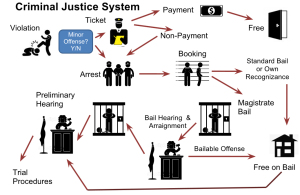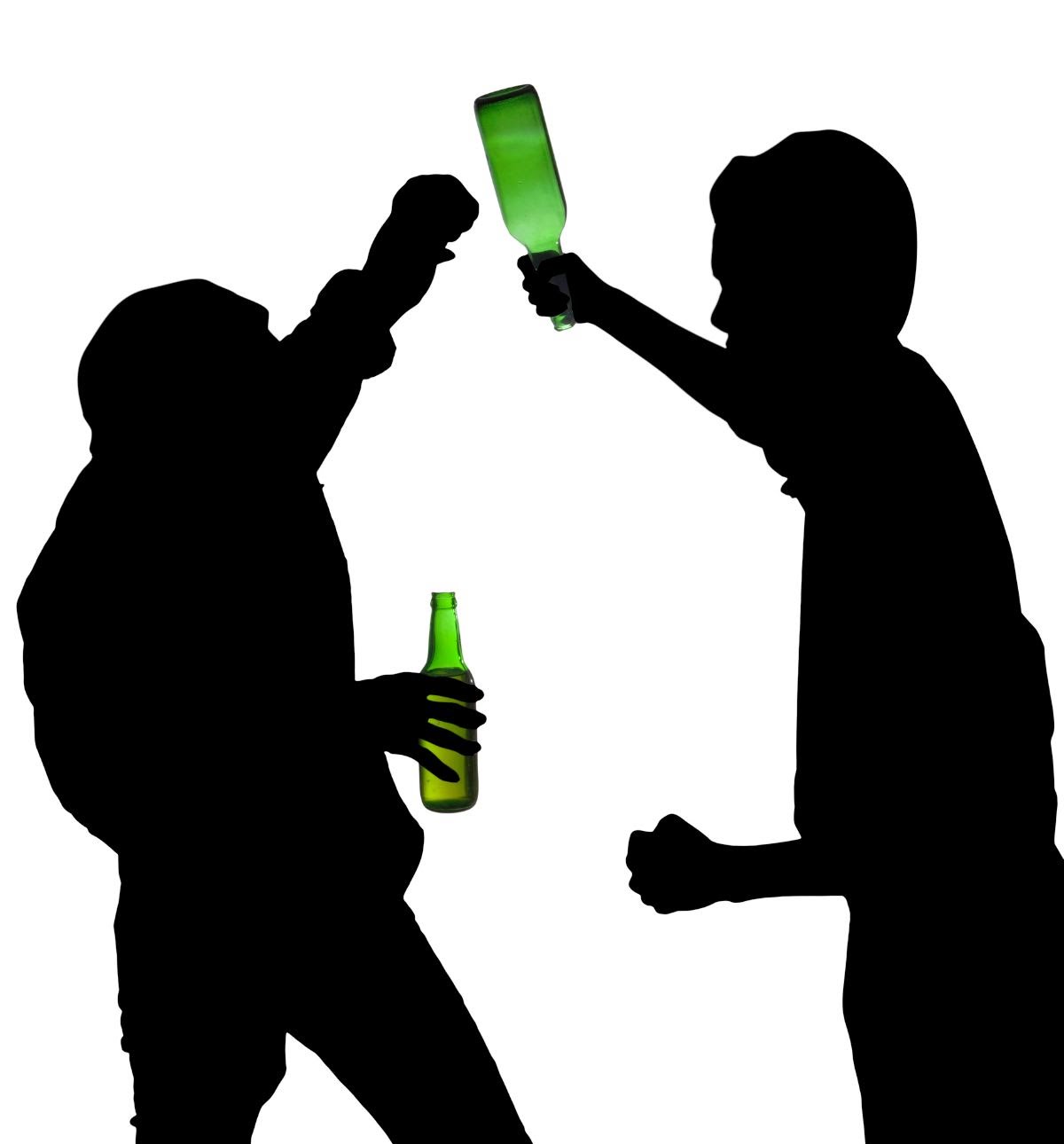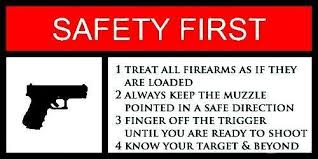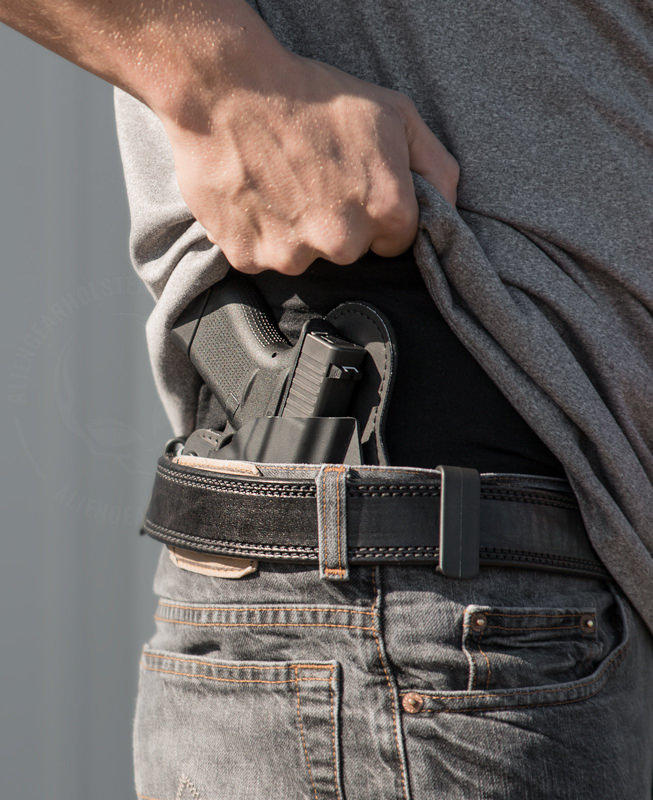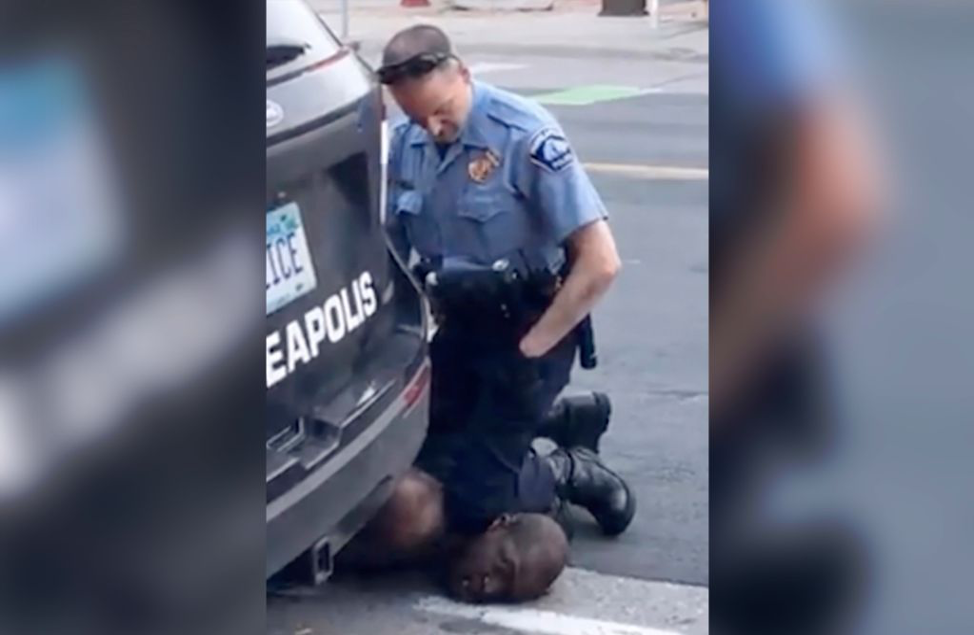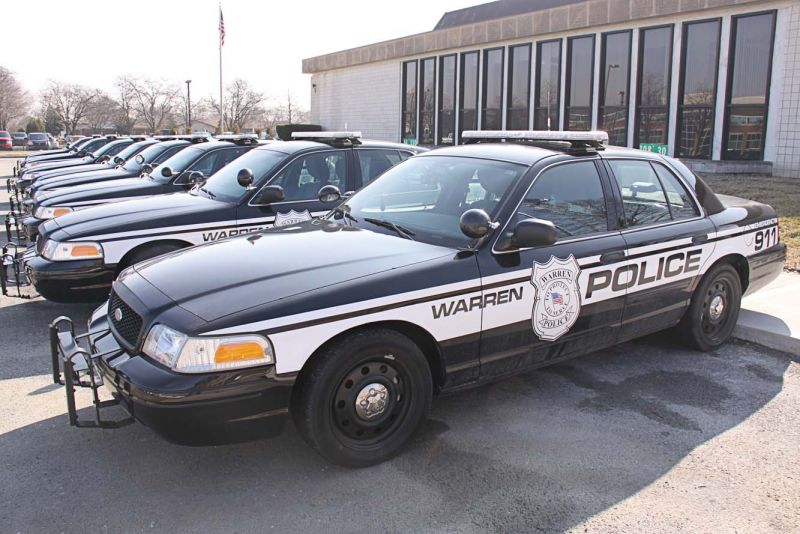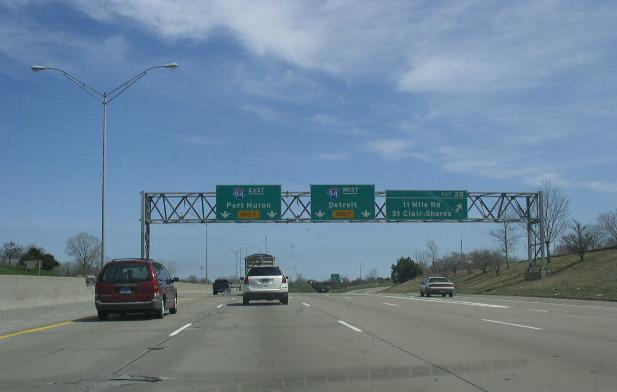The following topics are covered in this article:
- Criminal cases are pursued by “the state” or “government”, not by the alleged victim.
- The prosecutor represents “the state” or “government”.
- Once a domestic violence case is charged against someone, the alleged victim may be powerless to get it dropped or dismissed.
- The prosecutor is reluctant to dismiss a domestic violence for various policy reasons and to avoid further violence by the defendant upon others.
- If a witness does not cooperate and provide testimony at trial, the prosecutor may go forward at trial with prior statements of the witness.
Consequences of a Domestic Violence Conviction
A person that is charged with domestic violence faces numerous consequences to a his or her personal rights and reputation. First of all, being charged with domestic violence labels an otherwise peaceful person as violent and a trouble-maker. Also, there are other ramifications associated with a domestic violence conviction including:
- Inability to possess firearms while in the court system or on bond, or during probation.
- Inability to obtain a concealed weapons permit.
- Inability to travel across international border to Canada, known as criminal inadmissibility.
- Deportation for non-US citizens.
- Getting fired from employment where working closely with people is required (medical care, nursing homes, etc.).
There are several other misdemeanors and felonies that fall under the umbrella of assault or that are charged along with domestic violence including:
- Assault by strangulation or suffocation: This is an assault that involves putting pressure on the neck of someone that impedes normal breathing or circulation. Maximum Penalty: 10 years in prison.
- Assault with a dangerous weapon: This is an assault with a gun, knife or another object that is used as a weapon such as a bat, pool stick or brick. Maximum Penalty: 4 years in prison.
- Interfering with a crime report: It is a crime to try to stop someone from calling the police or filing a criminal report.
What does it mean? THE STATE PICKED UP THE CHARGES.
Criminal cases are pursued in the name of the government, not in the name of the victim. Once a criminal charge is authorized, the victim becomes a witness for the government. The government becomes the entity responsible for enforcing the laws and protecting the public. Or in other words, the state picks up the charges. Every criminal case is pursued by the government on behalf of the people within that jurisdiction. The prosecutor represents the government. For this reason, the court title of a criminal case looks like this:
• People of Michigan (plaintiff) vs. John Doe (defendant), or,
• People of Shelby Township (plaintiff) vs. John Doe (defendant), or,
• People of the City of Sterling Heights (plaintiff) vs. John Doe (defendant).
• For Federal cases: United States of America (plaintiff) vs. John Doe (defendant)
If a party (witness, victim) is notified to appear in court under a subpoena, the party may be held in contempt and face jail for fail to appear. Only the prosecutor or judge can dismiss a criminal case (domestic violence). The victim cannot dismiss the case. However, if a victim is unwilling to testify and the facts of the case are not egregious, this will be a factor that the prosecutor may consider in “dropping the charges”.
Why Won’t the Prosecutor Dismiss a Domestic Violence Case When the Victim Wants it Dropped?
While some domestic violence cases are isolated incidents and do not involve a serious act of assaultive conduct, others involve threats of serious injuries and potential death to another person. Therefore, the prosecutor does not want to drop a domestic violence case when there may be a risk of a future incident that could be prevented by prosecuting a violent individual. There is also a political component for a prosecutor that does not want to be seen as being weak by dismissing domestic violence cases.
Most domestic violence cases start out with a frantic and hysterical 911 call to the police when tempers are flaring. The person making the 911 call rarely knows all of the legal ramifications until later. Police involvement is certain following a 911 call. As I stated in another article, the party pressing domestic violence charges may immediately have regrets and want to get it dropped while the police are conducting an investigation or before any court proceedings occur. Unfortunately, once an arrest is made and the domestic violence case is in the court system, getting it dropped is only possible by court order or by getting a rare deal from the prosecutor to dismiss. Getting a domestic violence case dropped is not impossible. Our Macomb County criminal defenses lawyers can better explain every legal scenario and how we have succeeded in getting a dismissal.
Now, public policy is a strong factor in the prosecution of domestic violence cases. There are several governmental agencies involved in the criminal process when someone is charged with domestic violence/assault. The government agencies that I am referring to are the police, prosecutor and the judge. Behind the scenes, the government also employs victim’s rights advocates and probation officers. The victim’s rights advocate becomes involved immediately to promote the rights of the victim during a pending criminal case. The probation department becomes involved to make sentence recommendations and monitor a defendant after a guilty plea or guilty verdict. All of these government agencies are usually located within the same building or government complex. All of these government agencies, with the exception of the court/judge, are aligned on the side of law enforcement; not on the side of the accused. Here is a description of the governmental agencies involved in pushing a domestic violence case up the ladder in the judicial system:
- The police pass the case up to the prosecuting attorney,
- The prosecuting attorney then passes the case up to the court,
- The victim’s right advocate is a watchdog and acts as a voice for the victim,
- The case can be resolved at a pretial conference or a trial.
- A trial can be held before a judge or before a jury.
- A person convicted of a domestic violence case is turned over to the Michigan Department of Corrections or probation department.
The Role of the Police in Domestic Violence/Assault Cases
Let’s talk about the role of the police, or first responders, to a domestic violence call. Long gone are the days when the police made a domestic call to a residence and let the alleged perpetrator go to the corner bar to cool off. The police can no longer make judgment calls as to who is right and who is wrong when they investigate domestic violence cases. Once an allegation of an assault is made (any intentional touching of another without consent), an arrest will occur. There is no such thing anymore as getting the case dropped on the spot. The reason for this attitude is based upon several valid grounds. First of all, the function of the police is to investigate and report their findings to the prosecutor, not determine guilt or innocence. Second of all, the police fear that a serious injury or death may occur should they fail to take action by removing the alleged suspect from the premises. Lastly, the police face serious criticism and potential liability if they fail to act and a party is later injured or killed. Therefore, public policy favors an arrest and issuance of a “no contact order” as an interim bond condition.
The Prosecutor’s Role in Domestic Violence/Assault Cases
A police investigation will consist of the police report, witness statements, photographs, 911 recording and other evidence. This information will be brought to the attention of the prosecutor for review. In general, The Macomb County Prosecutor’s Office handles the prosecution of domestic violence and assault crimes which occur in Macomb County. However, in some cases, charges may be pursued as an ordinance violation by a Township or City Attorney. In either scenario, it is the prosecutor that authorizes the criminal charge against the accused party.
The county prosecutors in Michigan are elected officials. As an elected official, it is in their best interest to show the public that they are tough on crime. Again, the public can be critical in situations when a prosecutor is weak on crime or easily drops cases. For this reason, prosecutors will object to a dismissal motion by defense counsel when a victim a victim fails to appear in court. Some prosecutors will go to great lengths to track down an uncooperative victim. Like the police, the prosecutor’s office needs to avoid scandal and any scenario where someone is injured or killed because of a failure of the system to protect the public. Upon authorizing criminal charges, the case is turned over to the court system for criminal legal proceedings. Misdemeanor domestic violence/assault cases are handled in the district courts. More serious assault crimes may be charged as a felony (assault with a dangerous weapon, strangulation, assault with intent to do great bodily harm, assault with intent to murder).
The Judge’s Role in Domestic Violence Cases
Once a case is in the court system, a judge is assigned to the case. Judges, like prosecutors, are elected officials in the State of Michigan. The judge’s role in a criminal case is to keep order, control the proceedings make rulings on evidence and answer motions or requests by the parties. In theory, a judge is impartial and does not concern himself or herself with the dispute between the parties. In some cases, a defendant may want the judge to act as the trier of fact without a jury. This is called a waiver trial or bench trial. This would empower the judge, acting alone, to render a verdict of guilty or not guilty without impaneling a jury. However, a person charged with a crime may not have a choice in the matter because either the prosecutor or judge may force a jury trial even when a defendant is willing to waive the same. In my opinion, judges tend to favor jury trials in cases with strong public policy, the presence of the media or where a certain verdict (by a judge without a jury) could subject the court to disapproval.
The Criminal Defense Lawyer’s Role in Domestic Violence Cases
The scales of justice are heavily weighted in favor of the prosecution in criminal proceedings. Police, prosecutors and judges want to avoid censure, avoid liability and remain popular in the eyes of the public. The jury trial process has its own problems and flaws. The individuals that are called to act a jurors may discriminate and possess biases that can make a fair decision impossible. If this sounds overwhelming and scary, it should. Only an experienced attorney can navigate someone in the criminal justice system and hope for a favorable outcome. A seasoned criminal defense lawyer knows when to work with the system, not against it. For starters, you may need answers to one or more of the following questions:
- Can a no-contact order be lifted?
- Can a domestic violence/assault case be dismissed without trial?
- What happens if the victim in a domestic violence/assault case wants it dismissed?
- What happens if the victim in a domestic violence/assault case fails to appear for trial?
- Can I argue that I acted in self-defense in a domestic violence/assault trial?
- Why am I charged with domestic violence/assault if I was only trying to avoid a fight?
- Will the victim be charged with a crime if he or she changes the story?
- *Will the victim be charged with contempt of court if he or she fails to obey a court notice or subpoena?
- Can the victim file a supplemental report with the police or prosecutor?
- What does it mean when a criminal case is dismissed without prejudice?
- What does it mean when a criminal case is dismissed with prejudice?
- Can the case proceed to trial without a witness and only the police report and witness statements?
*It is unethical for an attorney to advise anyone to ignore a court notice or subpoena.
Can the Prosecutor Move Forward with a Domestic Violence Case if the Victim or other Witnesses Fail to Testify?
The answer is YES, a prosecutor can move forward with a domestic violence case against someone even if the victim or key witnesses do not appear, or fail to testify, at trial. When a witness does not cooperate or agree to testify, the prosecutor can introduce witness statements as evidence at trial. The witness statements must pass the test as being “testimonial” and reliable“. Testimonial statements may include 911 calls or statements made in prior hearings or during police interrogations. Defense attorneys will argue against the use of witness statements pursuant to the confrontation clause of the United States Constitution which gives the accused party the right to confront and cross examine his or her accusers. When a prosecutor attempts to introduce a statement without having a witness to back it up, it is considered hearsay and subject to exclusion by the judge unless it meets certain rules. Although the rules are subjective and ambiguous and the out of court statements are considered hearsay, it is possible for the statements to be used at trial against a defendant charged with domestic violence or an assault crime.
There are always ways to set the record straight to get a favorable resolution in the court system
Please feel free to browse through our blogs and articles which discuss various topics in relation to assault and domestic/violence assault crimes:
Defending Domestic Violence, Assault with a Dangerous Weapon, Assault by Strangulation in Macomb County
How Am I Being Charged With Domestic Violence / Assault When I Acted In Self-Defense?
When a Misdemeanor Assault or Domestic Violence Case Escalates to a Felony
 Michigan Criminal Lawyer Blog
Michigan Criminal Lawyer Blog


